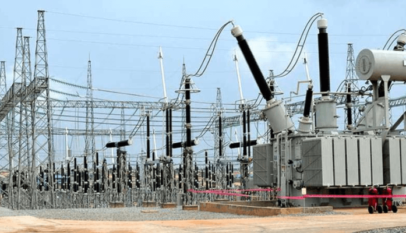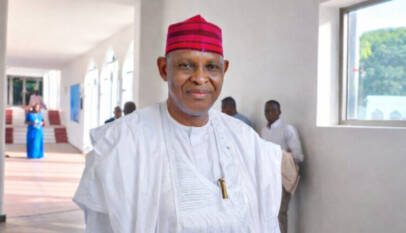By Deborah Nnamdi
President Bola Tinubu, on Tuesday, officially commissioned Abuja’s first modern bus terminal, signaling a major push toward reforming the capital’s public transport system. The terminal, located in Mabushi, is designed to operate round-the-clock and marks a key step in the administration’s efforts to improve urban mobility, safety, and economic activity.
Represented by the Speaker of the House of Representatives, Dr. Tajudeen Abbas, the President described the project as “truly transformative,” adding that another terminal in Kugbo is already completed and ready for commissioning.
“This terminal is more than just a transportation hub,” he said. “It stands as a symbol of our unwavering commitment to the safety, security, and prosperity of every Abuja resident.”
Tinubu acknowledged the longstanding issues with Abuja’s informal transport network, citing challenges such as traffic congestion and the threat of “one chance” crimes. “With this facility, commuters will no longer be at the mercy of unregulated pick-up points. They will board registered vehicles in a secure environment, ensuring greater confidence and safety in public transportation.”
He further highlighted the terminal’s economic impact, noting that its construction—and those of its sister projects—has created over 3,000 direct and indirect jobs. “This initiative has provided livelihoods for artisans and laborers alike, underlining our Renewed Hope Agenda’s focus on job creation,” he said.
FCT Minister Nyesom Wike, in his remarks, outlined the broader vision for public transport infrastructure across the capital. “We are building three bus terminals—Mabushi, Kugbo, and one in the Central Business District. The Kugbo terminal will be commissioned next week, and we aim to complete the Central District terminal before year-end.”
Wike also announced plans for additional terminals in Wuye, Bwari, and Kuje within the year, stressing that the goal is to curb the use of unregulated vehicles and reduce roadside congestion.
“This project is fundamentally about security. With organized terminals, passengers will know the identities of both vehicles and drivers, reducing their exposure to criminal activity,” he said.
He emphasized that while the FCT administration developed the terminal, its day-to-day operations will be managed by private operators under a concession arrangement to ensure efficiency.
“The terminal will run 24 hours a day, offering commuters not just safety and convenience, but also access to amenities like food courts, restrooms, and entertainment,” he said.
The facility is integrated with commercial spaces, including relaxation areas and cinema halls, making it a multifunctional urban center as well as a transit point.

































